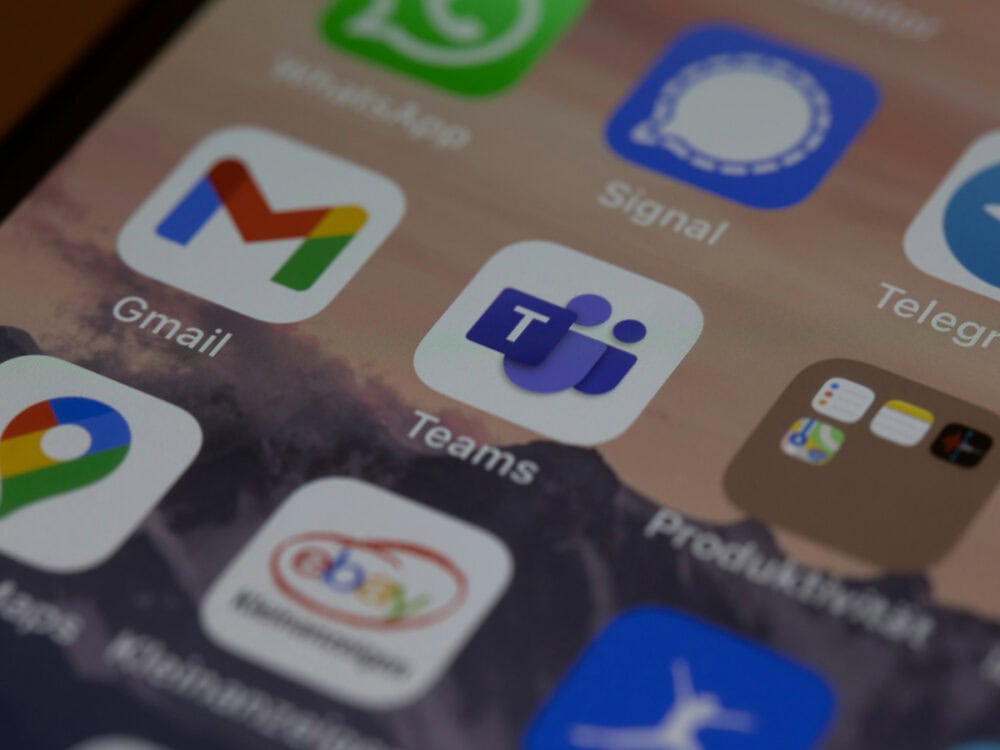"No one has any intention of advertising".
Eric Dolatre, CEO of the communications platform Brabbler, sees the announced ads in WhatsApp as another warning shot for users. Supposedly free communication services are not to be trusted, he warns.

Brabbler from Munich fights for the protection of privacy on the Internet and currently feels involuntarily reminded of the old goatee. "No one has any intention of building a wall," GDR state and party leader Walter Ulbricht assured a press conference on June 15, 1961. Less than two months later, as is well known, construction of the Berlin Wall did begin.
"Admittedly: Facebook's decision to allow ads in WhatsApp starting in 2019 doesn't begin to compare to the scale of the Berlin Wall," said Eric Dolatre, CEO of Brabbler. "Besides, in the WhatsApp case, it was different people who first made the promise and then broke it. But that doesn't make it any better."
In 2012, the developers of WhatsApp had still assured that there would be no advertising in their app - because that would "disturb the aesthetics, insult the intelligence of the users and interrupt their trains of thought". In the meantime, however, WhatsApp has been bought by the Facebook group for 19 billion US dollars. Now the group announced that companies will be able to place ads in WhatsApp starting next year (Werbewoche.ch reported).
"Facebook has announced that it will not display advertising in private chats for the time being, but only in the status area. In addition, users will supposedly be able to decide for themselves whether they want to see ads or not. However, the emphasis here is probably on the little word for now to lay the groundwork. And you can see right now what promises are worth in the Facebook group," says Dolatre.
Supposedly free service
Either way, the announcement once again highlights Facebook's true business model. The company's supposedly free services have to be paid for dearly by users - with the loss of their privacy. "Basically, the group is now just taking the next logical step with WhatsApp," said the CEO of Brabbler. "So far, it has limited itself to spying on users and their environment by reading their contact and address data from the smartphone address book and using it for advertising purposes elsewhere. Now WhatsApp itself is becoming a platform for personal advertising, further invading users' privacy."
But Facebook is not alone in this. Rather, the company is representative of the many, mostly U.S.-based providers of communications services that all pursue the same business model as Facebook. In order to save the privacy of users and, above all, the next generation in the digital world, Dolatre therefore sees only one way out: the free-of-charge mentality must finally come to an end.
"The development and operation of digital services and apps incur immense costs for the operator. If they don't get paid directly by the users, this automatically means that they get their money back via their data and through advertising. It is simply impossible to provide users with a protected private data space without data collection, profiling or advertising without a paid pricing model. The few euros per month that such a solution costs should actually be worth the users' privacy."
The solution Brabbler is advocating is obvious: The company of the former GMX founders offers a paid WhatsApp alternative for companies and private individuals. The focus is on data security and privacy protection. (hae/pd)








